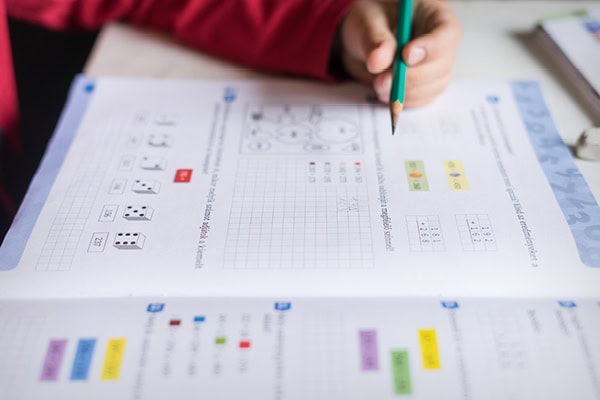A quarter of public school leaders reporting a “severe negative impact” on student learning due to lack of focus or inattention in the 2023-24 school year – a persistent repercussion of the pandemic — according to National Center for Education Statistics (NCES) data, as reported in K-12 Dive.
The NCES School Pulse Panel surveys also highlight:
- Some 87% of public schools reported providing any kind of tutoring during the most recent school year, with 47% reporting that two or three types of tutoring were available.
- Of the 46% of schools that reported providing high-dosage tutoring in particular, 90% said it was “moderately,” “very” or “extremely” effective in improving student outcomes.
“Understanding the availability of tutoring, along with achievement data from the next 2024 National Assessment of Educational Progress release, will provide deeper insights into students’ progress toward learning recovery,” said NCES Commissioner Peggy Carr, in a statement.
The School Pulse Panel found other factors impacting student learning include:
- Students arriving academically unprepared, such as not doing homework or not bringing necessary supplies.
- Students being disruptive in the classroom.
- Students not doing individual work.
- Students being physically unprepared for school because of factors such as a lack of sleep or not eating before school.
Some 76% of school leaders in the latest School Pulse Panel reported needing more support for student and/or staff mental health. In previous NCES data released in May, 48% of schools said they could effectively provide mental health services to all students who need them.
Experts advise a variety of approaches to improve students’ focus and assist with their social-emotional and mental health needs:
- Incorporate mindfulness and breathing techniques alongside opportunities for free play or hands-on learning at schools to help reduce stress, frustration and anxiety, says Joshua Aronson, an associate professor of applied psychology at New York University.
- Build SEL skills into classroom learning and expand teacher professional development to better address some of these challenges, says Kathleen Ethier, a social psychologist and director of the Centers for Disease Control and Prevention’s Division of Adolescent and School Health.
K-12 Dive





